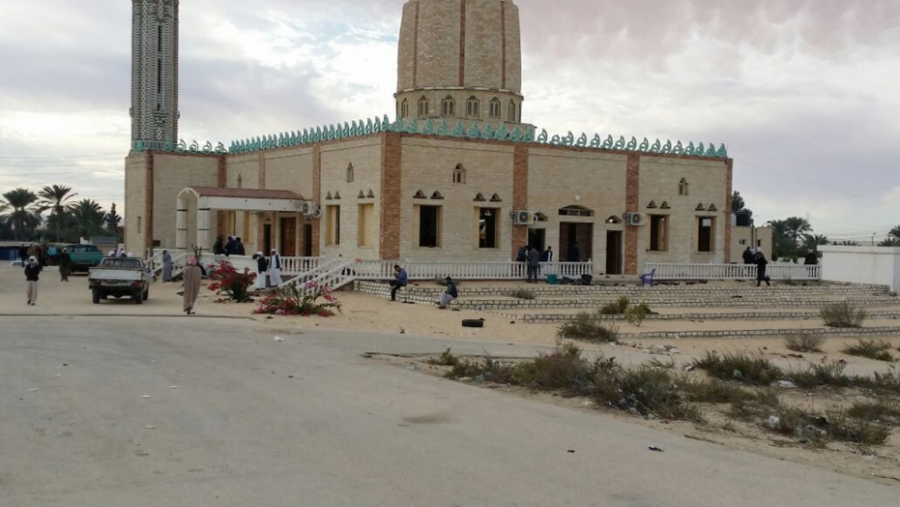Massacre in Egypt
December 18, 2017
On November 24th, in Sinai, Egypt, there was a terrorist attack that no group has claimed responsibility for as of now. At a mosque, about 40 armed militants killed 305 people and left 128 people injured- most of which were reportedly Sufi Muslims. Sufism is a different approach to Islam that some consider heretic, which renders a threat to Sunni Islamic groups such as ISIS.
If ISIS desires to be the one true religious authority, Sufism deters that goal, which is why it is highly possible that ISIS was behind the attack- to provoke terror within Sufi Muslims. It is reported that those who led the attack were carrying ISIS flags, although this information is not confirmed. This massacre has been deemed as the deadliest terrorist attack in modern Egypt, and is also the first attack on a large mosque by ISIS, if ISIS did commit the attack.
The militants, according to Imam Mohammed Raziq, a survivor of the massacre, first bombed the mosque before gunning down any people in sight. Raziq was injured and did not see the militants, although he stated that he felt their presence.
As the wounded attempted to flee with cars, the assailants blocked routes of escape, by blowing up cars and using the burning wreckage to prevent people from leaving or getting to hospitals.
On December 1st, Friday prayers resumed in the partially rebuilt mosque, perhaps to send the message that the survivors are stronger than ever. Shaikh Mohammad Abdul Fattah, a cleric, told reporters that he would return to the mosque in order to show the terrorists that their attempts have been futile, as he is not afraid. Abdul Fattah was at the mosque during the attack and had to go to a hospital after the massacre due to his injuries.
One family member, Al Zeir, expressed that he couldn’t believe that “people praying inside a house of God [were] killed so brutally.” The families of deceased victims are distraught and continue to mourn the fallen.












